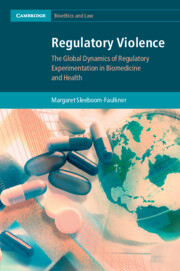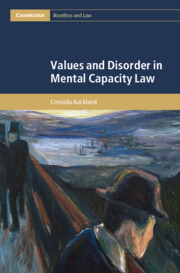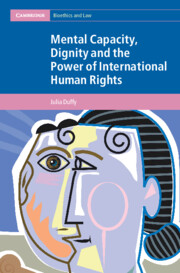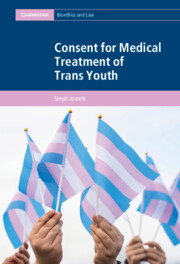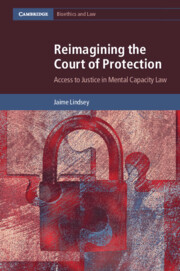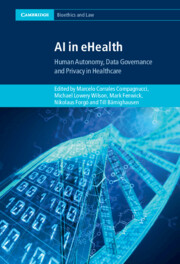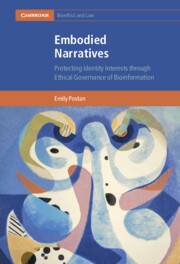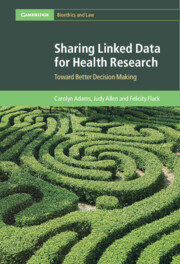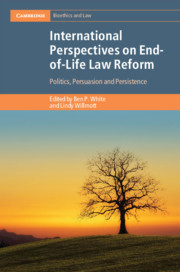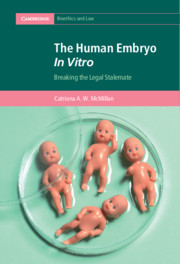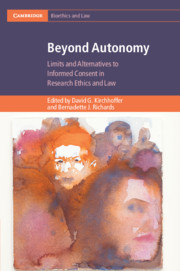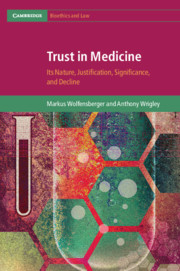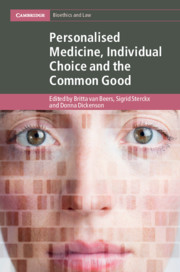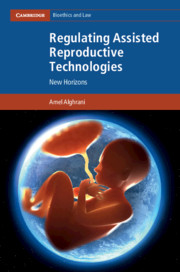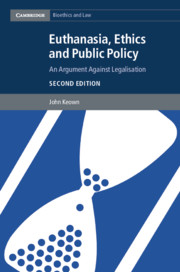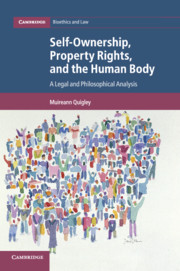This series of books - formerly called Cambridge Law, Medicine and Ethics - was founded by Cambridge University Press with Alexander McCall Smith as its first editor in 2003. It focuses on the law's complex and troubled relationship with medicine across both the developed and the developing world. In the past twenty years, we have seen in many countries increasing resort to the courts by dissatisfied patients and a growing use of the courts to attempt to resolve intractable ethical dilemmas. At the same time, legislatures across the world have struggled to address the questions posed by both the successes and the failures of modern medicine, while international organisations such as the WHO and UNESCO now regularly address issues of medical law.It follows that we would expect ethical and policy questions to be integral to the analysis of the legal issues discussed in this series. The series responds to the high profile of medical law in universities, in legal and medical practice, as well as in public and political affairs. We seek to reflect the evidence that many major health-related policy and bioethics debates in the UK, Europe and the international community over the past two decades have involved a strong medical law dimension. With that in mind, we seek to address how legal analysis might have a trans-jurisdictional and international relevance. Organ retention, embryonic stem cell research, physician-assisted suicide and the allocation of resources to fund health care are but a few examples among many. The emphasis of this series is thus on matters of public concern and/or practical significance. We look for books that could make a difference to the development of medical law and enhance the role of medico-legal debate in policy circles. That is not to say that we lack interest in the important theoretical dimensions of the subject, but we aim to ensure that theoretical debate is grounded in the realities of how the law does and should interact with medicine and health care.
